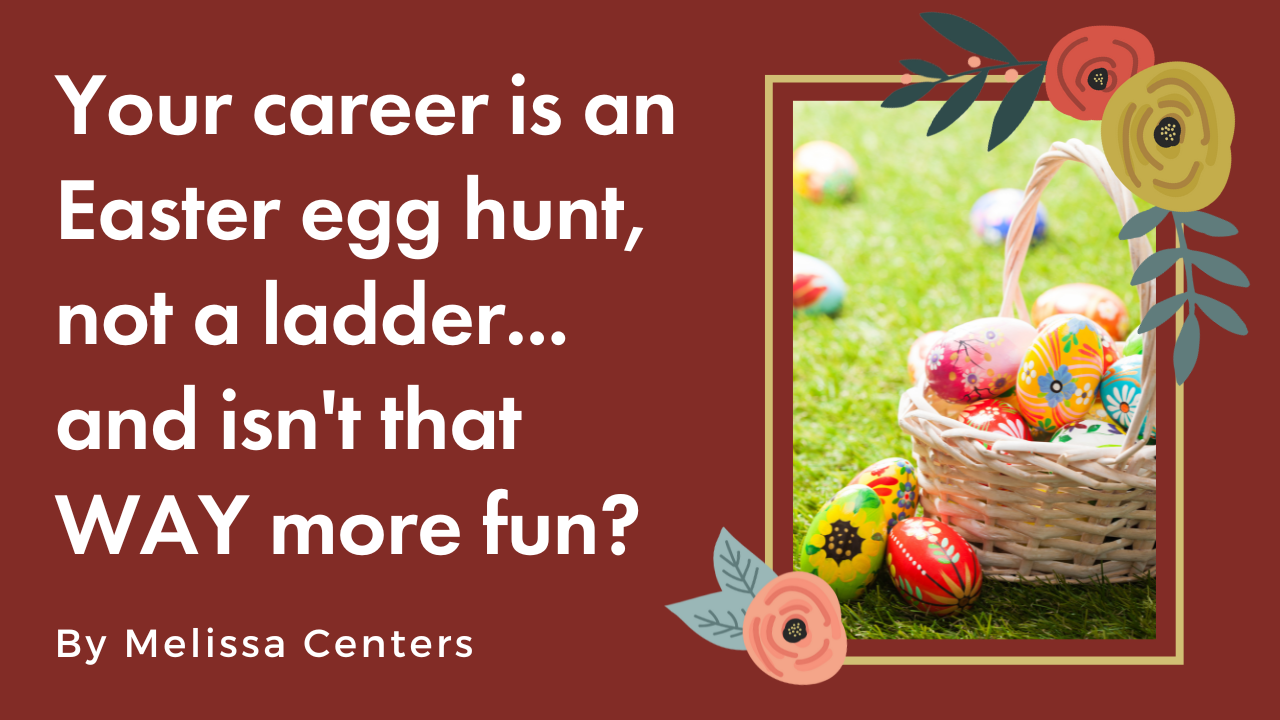Daring to Be Big
Written By: Alysia Bullock

Alysia Bullock | Incite HR
My father nicknamed me ‘big girl’ from as far back as I can remember. I was the apple of his eye. His mini-me. I would hold the flashlight, be his side-kick in his work shop, and thought he was the smartest, kindest man on the planet. When my sisters were born, my father’s term of endearment progressed. “Big girl” meant I was the eldest daughter and held the title of many ‘firsts’ over my sisters.
Despite being the shortest in my family at 5’10”, my “big girl” status had a personality that was growing to match. I was known for adding sizable doses of laughter, vibrancy, and optimistic enthusiasm to all in my path. I was making my positive mark and enjoying the vibrancy of being ‘big,’ until a moment came that redefined my world.
In my mid-20s, during a performance discussion, a manager told me I was a ‘big girl’ and “needed to watch my presence”. He described my presence to be too much for him and possibly for others. This manager was unaware of my childhood nickname, yet suddenly, being ‘big’ made me feel so small. My smile and joyful presence dimmed immediately as I felt this shock wave from the mere thought I made him uncomfortable. I was early in my career and wanted to be obedient, so I made myself small. Very small. In that moment, a sentiment that was once my father’s term of endearment was redefined to ensure I minimized every aspect of who I was once proud to be.
“In that moment, a sentiment that was once my father’s term of endearment was redefined to ensure I minimized every aspect of who I was once proud to be.”
I became obsessed with not being the ‘big girl’ in the room. I walked softly, sat still, spoke less, and observed every movement and word from my peers so I could mirror behaviors that would put me back in the good graces of one manager. I slipped so far away from what I wanted to say and how I could contribute, I forfeited any impact at all. How would I explain to my dear father that being his ‘big girl’ was no longer acceptable and I had to shed this identity to assimilate into my adult world?
Fast forward several years more. I met many life experiences with optimism, resilience, adaptability, courage, and determination. From these experiences, I learned that my ‘big’ had nothing to do with being too much for others. In contrast, being a ‘big girl’ has given me the opportunity to experience life in ways that created some of the greatest memories and accomplishments I hold dear today. Ones that make me proud. Dad (and mom), too.
Despite losing a few centimeters with age, I have reclaimed my father’s nickname of ‘big girl’ with how loud I laugh, big I smile, and show up for myself and others. I hold this lesson dear as it also helps with my role as a leadership coach as my clients discover ways to help them foster what they value and who they are, while navigating perceptions of themselves that have been fostered by others.
I encourage you to find what makes you unique and use those terms of endearment and encouragement from others as momentum. There will always be someone out there who will ask you to play small.
Don’t do it. I dare you to be BIG. Be yourself.

About the author » Alysia Bullock
Leveraging 25+ years of HR Business Partnership, Alysia offers strategic HR advising and leadership coaching to help leaders create inclusive organizational cultures and improve personal and professional performance. After 20 years working with pharmaceutical and biotech organizations, she also has a passion to work with organizations who are committed to improving the lives of others.
Her personal style is energetic, warm, and generous. She is equally enthusiastic and fun because the business of ‘people’ is hard work but can be tremendously rewarding. She thrives on diagnosing patterns, offering perspective, and seeing possibilities together with leaders as they examine and enhance their impact through courage, purpose, and compassion.
Website: incite-hr.com
LinkedIn: /alysia-bullock
Share This Story, Choose Your Platform!
More From Our Blog
Rules have reasons, as I often tell my kids. And just because you don’t like them doesn’t mean you don’t have to follow them. They’re designed to keep us safe, to account for others that exist around us, and to maintain societal expectations. There are processes to challenge and possibly change them. But they are what they are.
Recently, I was chatting with someone who just graduated from high school. It was clear that she is frozen with the choices that face her. Should she go to college? A trade school? Get a job? And what if she doesn’t like what she chooses, isn’t she stuck with it forever?
I learned only one thing about money when I was growing up and it was that there was never enough of it. At an early age, I understood what evictions and repossessions were, probably long before I could even pronounce the words correctly.



